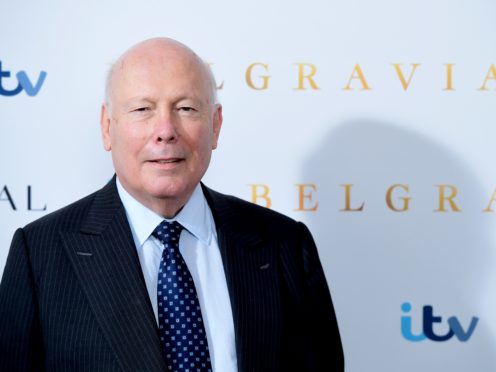Women in period dramas have to be depicted in a “different way” to contemporary stories, according to Belgravia director Julian Fellowes.
The Downton Abbey creator, whose new drama explores the upper echelons of 19th century London society, said that female characters from the period are “interesting” because of the barriers they faced.
His writing of female characters was praised by actress Alice Eve, who stars in the series.
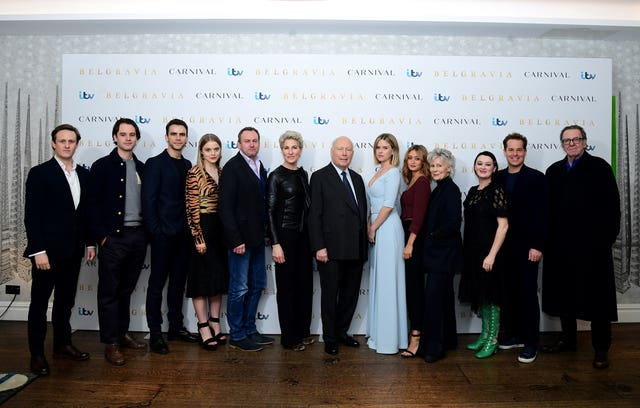
Fellowes said: “I think it’s true that women in a period drama are very interesting to write because they were up against so many barriers and assuming they have some brains and ambition they had to get their way round the barriers.
“Of course some people just thought, you know, the hell with all of this and lived outside society but not many.
“Most people don’t want to give up everything. They want to stay within the society of their own time but they want to get what they want.
“So all the time you’re having to square how to you get what you want when almost everything is working against you doing that and that creates a kind of tension in characters, in female characters, in a period drama that you have to do in a different way to in a contemporary drama.”
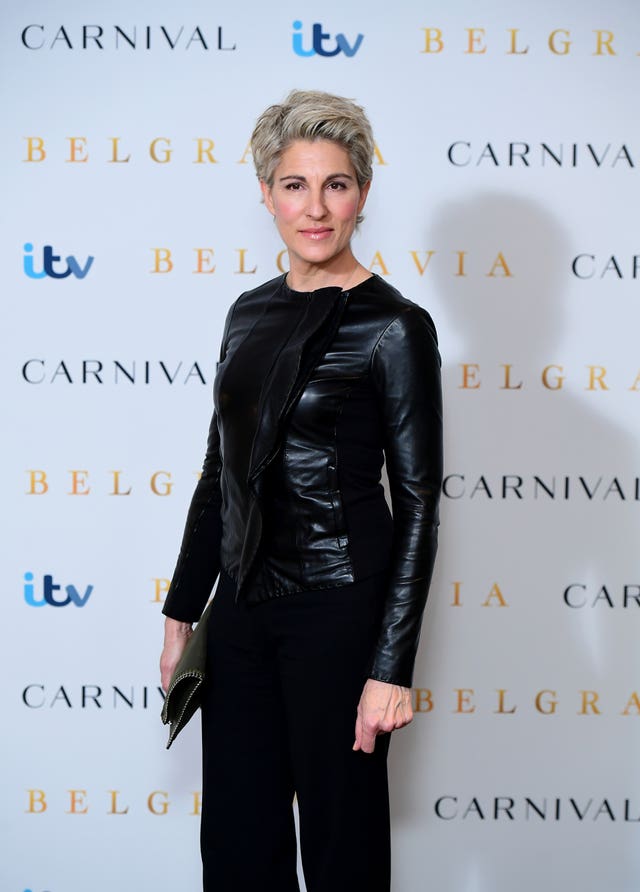
The programme sees Tamsin Greig cast as the lead character Anne Trenchard in the six-part ITV drama.
Ella Purnell, who plays Lady Maria Grey, said she was “very attracted to the feminist aspect of the script”.
She added: “You very rarely get to see not one, not two but four amazingly written female characters.
“For being a guy Julian writes for women incredibly well.”
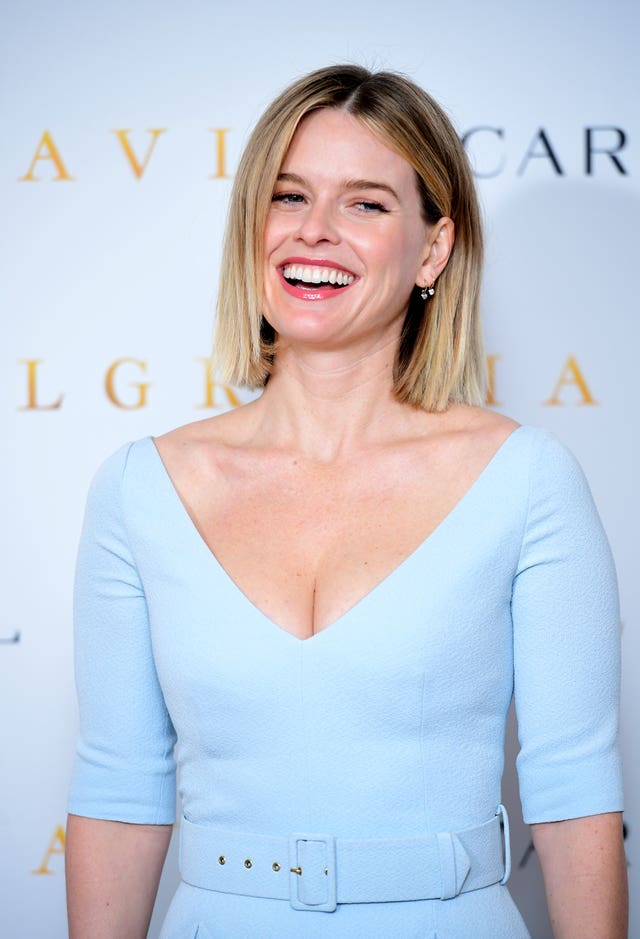
Alice Eve, who plays Susan Trenchard, said her character is a “modern woman” who is “ahead of her time”.
She said that this is “refreshing” to see in a period drama, adding: “I very much admired her and I also really admired how Julian had such a specific deconstruction of this character and understood the female nature of her.
“As a feminist, in my opinion, as a writer he certainly has a deep grasp of how women are.
“I think it’s very refreshing and I think it’s unusual to see a woman with such agency, so unapologetically rendered.”
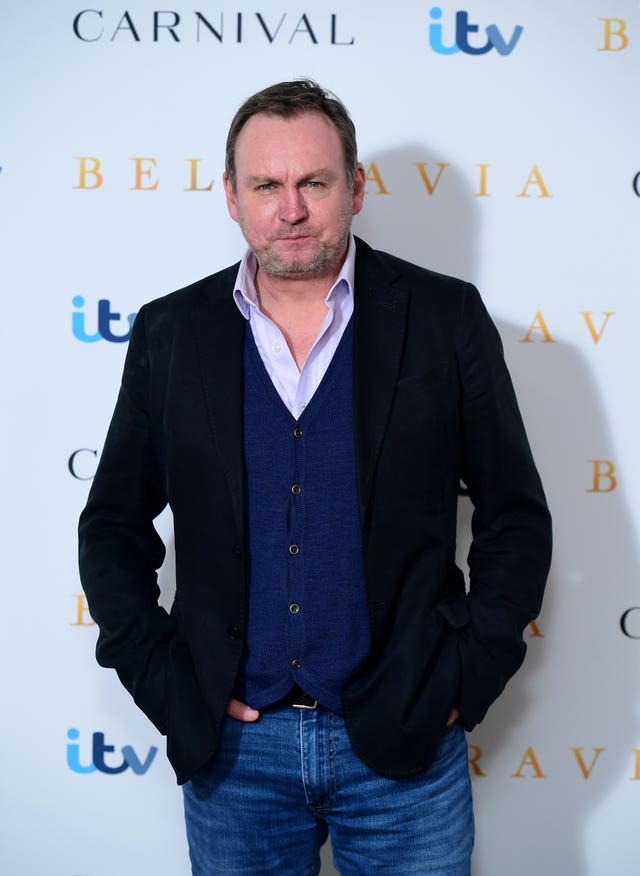
Fellowes added that Belgravia has a “different dynamic” to Downton Abbey.
He said: “Downton was about the decline of this particular group.
“The end of a certain kind of economy, a certain kind of way of Britain seeing itself and so on that would wind on down towards the Second World War and essentially disperse.
“This is the exact opposite. This is the beginning of what would be the great Victorian boom, the boom in industry, the boom of trade, the swelling of empire, all of that stuff.
“This is when it was really getting going so there’s a kind of upward curve rather than a graceful dying curve and I think it does make it feel different to watch.”
Belgravia airs on ITV at 9pm on Sunday.
